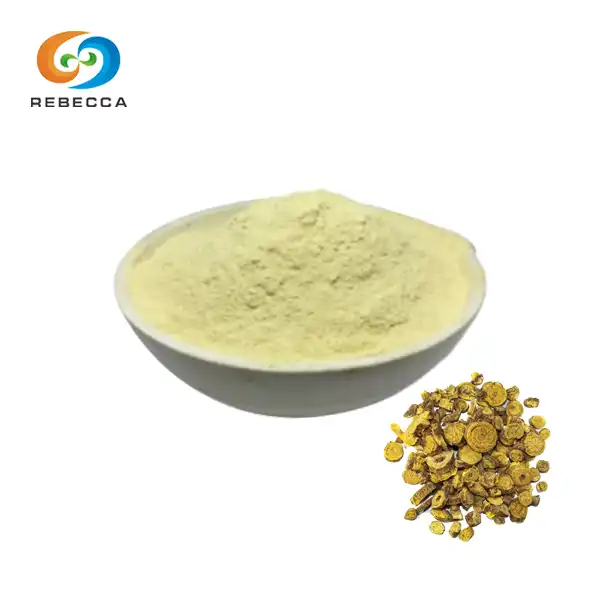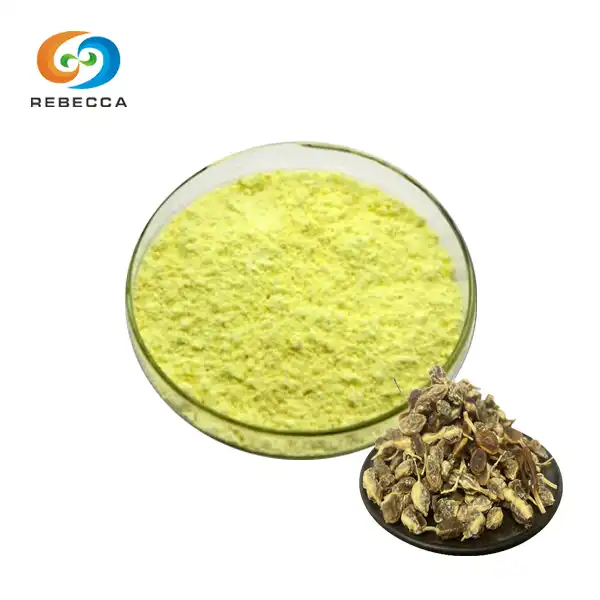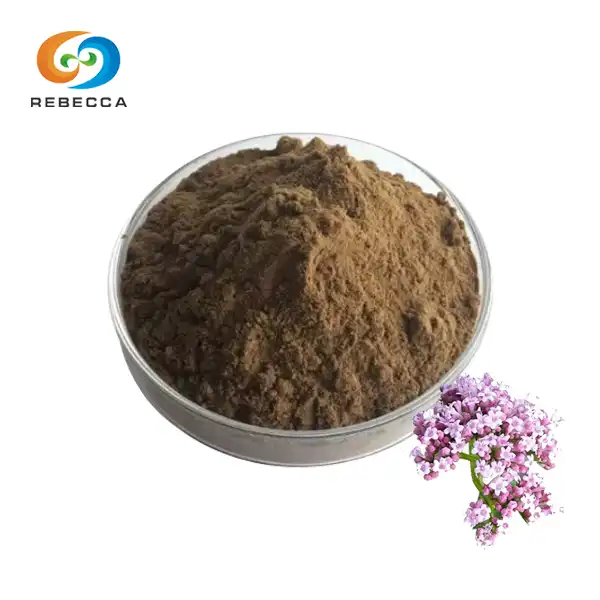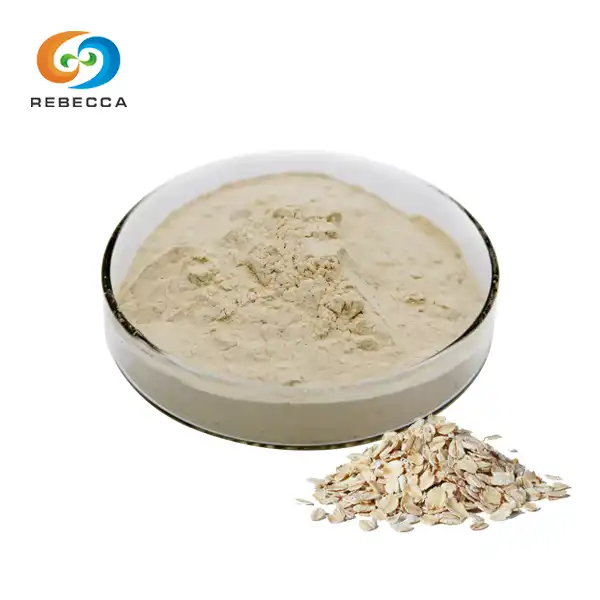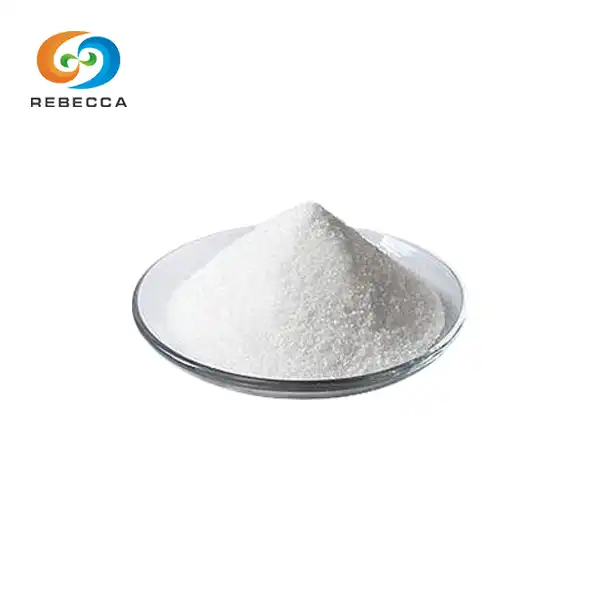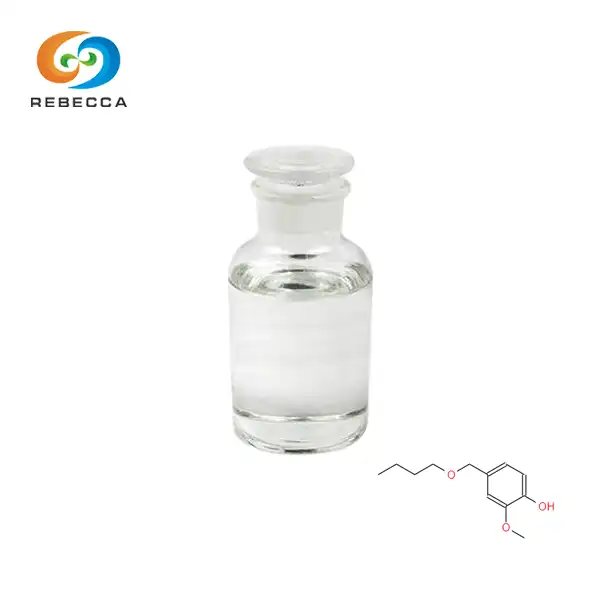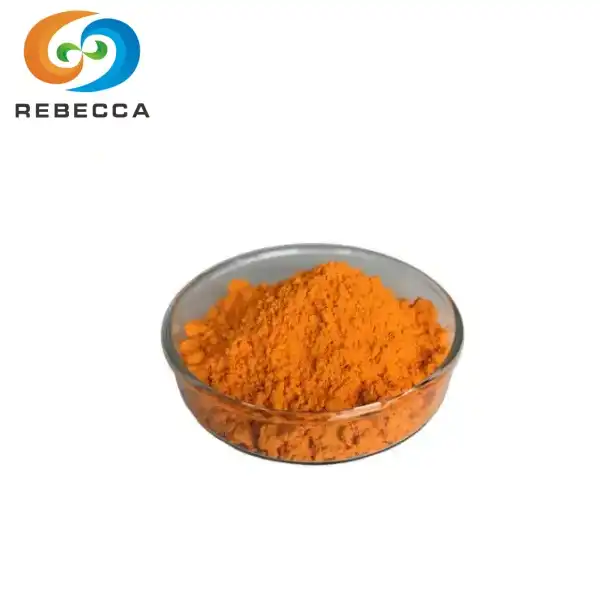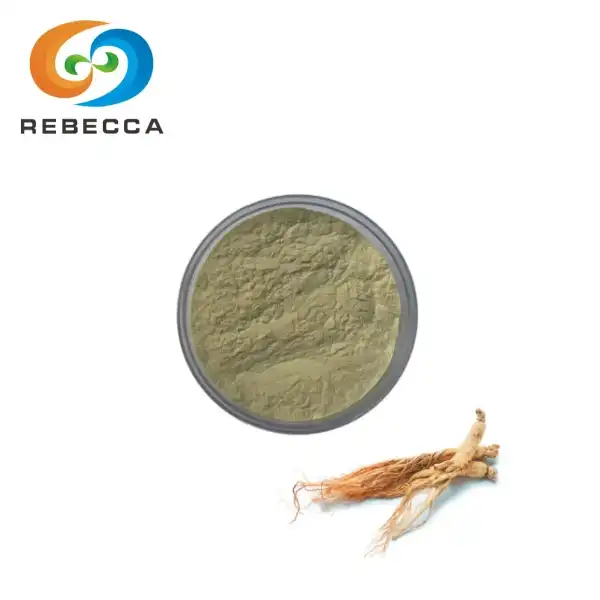Apple Cider Vinegar Powder VS Liquid
Apple cider vinegar has long been celebrated for its numerous health benefits and versatile applications. Consumers are now faced with a choice: traditional liquid apple cider vinegar or the increasingly popular apple cider vinegar powder.
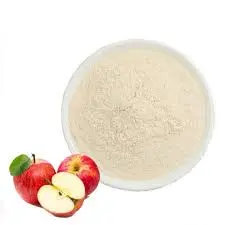
What Are the Key Differences Between Apple Cider Vinegar Powder and Liquid?
1. Composition and Production Process
Liquid apple cider vinegar is made by fermenting apple juice or cider. This process involves two stages: first, yeast converts the sugars in the juice to alcohol, and then bacteria transform the alcohol into acetic acid, giving vinegar its characteristic tang. The resulting liquid contains water, acetic acid, and trace amounts of other compounds found in apples.
On the other hand, organic apple cider vinegar powder is created by spray-drying liquid apple cider vinegar. This process involves atomizing the liquid into fine droplets and rapidly drying them with hot air, resulting in a fine, powdered form. To maintain stability and improve flow, manufacturers often add a carrier, such as maltodextrin or silica, to the powder.
2. Concentration and Potency
Liquid apple cider vinegar typically contains about 5-6% acetic acid, the primary active compound. The concentration can vary slightly depending on the brand and production method. In contrast, ACV powder is more concentrated, with some products boasting up to 10% acetic acid content. This higher concentration means that a smaller amount of powder can deliver the same benefits as a larger volume of liquid.
3. Shelf Life and Storage
One significant advantage of apple cider vinegar powder is its extended shelf life. While liquid vinegar can last for several years when stored properly, the powder form can remain stable for even longer periods. Additionally, the powder doesn't require refrigeration after opening, making it more convenient for long-term storage and travel.
4. Taste and Versatility
Liquid apple cider vinegar has a strong, acidic taste that some find unpleasant. The powder form, while still tangy, tends to have a milder flavor profile. This makes it easier to incorporate into various recipes or consume directly when mixed with water. The powder's versatility extends to its use in dry rubs, seasonings, and other applications where a liquid might not be suitable.
Understanding these key differences is crucial for determining which form of apple cider vinegar best suits your needs and preferences. As we continue to explore the convenience factors and pros and cons of each form, keep these distinctions in mind to make the most informed choice for your lifestyle.

Which Form Is More Convenient for Daily Use?
1. Portability and Travel-Friendliness
ACV powder takes the lead in this category. Its lightweight, compact nature makes it ideal for travel or on-the-go consumption. You can easily pack single-serve sachets or a small container of powder in your bag, luggage, or even your pocket. This is particularly advantageous for frequent travelers, athletes, or busy professionals who want to maintain their apple cider vinegar regimen without the hassle of carrying a liquid bottle.
2. Ease of Measurement and Dosage
Measuring liquid apple cider vinegar can be messy and imprecise, especially when dealing with small quantities. Spills and drips are common, and achieving consistent dosage can be challenging. In contrast, cider vinegar powder can be easily measured using a scoop or spoon, allowing for more accurate and consistent dosing. This precision is particularly important for those following specific health regimens or recipes that call for exact amounts.
3. Versatility in Application
While both forms of apple cider vinegar are versatile, the powder offers some unique advantages. It can be easily incorporated into dry mixes, seasonings, and supplements without adding excess moisture. This makes it an excellent choice for creating custom blends or adding to smoothie powders, protein shakes, or even capsules for those who prefer to take their apple cider vinegar in pill form.
4. Storage and Shelf Space
For those with limited kitchen or pantry space, cider vinegar powder is a space-saving alternative to bulky liquid bottles. A small container of powder can replace a much larger volume of liquid, freeing up valuable shelf space. Additionally, the powder doesn't require refrigeration after opening, unlike some liquid varieties that benefit from cool storage to maintain freshness.
5. Mixing and Consumption
When it comes to daily consumption, both forms have their merits. Liquid apple cider vinegar can be quickly added to water or other beverages, but its strong taste may be off-putting for some. The powder, while requiring a bit more effort to dissolve, often has a milder flavor that's easier to tolerate. Many users find that the powder mixes more smoothly into cold liquids, making it a preferred choice for adding to water, juices, or smoothies.
Considering these factors, cider vinegar powder generally offers greater convenience for daily use, especially for those with busy lifestyles or those who prioritize portability and ease of measurement. However, personal preferences and specific use cases may still make the liquid form more suitable for some individuals.

What Are the Pros and Cons of Using Powder Over Liquid?
Pros of Apple Cider Vinegar Powder:
- Enhanced Stability: The dehydration process used to create ACV powder results in a product with a longer shelf life and greater stability. This means you can store it for extended periods without worrying about degradation or loss of potency.
- Concentrated Form: ACV powder is more concentrated than its liquid counterpart, allowing for smaller serving sizes with equivalent benefits. This concentration can be particularly advantageous for those looking to minimize their intake volume while maximizing the potential health benefits.
- Improved Palatability: Many people find the taste of liquid apple cider vinegar overwhelming or unpleasant. The powder form often has a milder flavor profile, making it easier to consume and incorporate into various recipes without overpowering other ingredients.
- Versatility in Application: Apple cider vinegar powder can be used in ways that liquid vinegar cannot. It can be easily added to dry mixes, seasonings, and supplements, opening up new possibilities for culinary and health applications.
- Reduced Risk of Tooth Enamel Damage: The highly acidic nature of liquid apple cider vinegar can potentially erode tooth enamel when consumed regularly. The powder form, when properly diluted, may pose less risk to dental health.
Cons of Apple Cider Vinegar Powder:
- Processing and Additives: The production of ACV powder often involves the use of additives or carriers, such as maltodextrin, to improve flow and prevent clumping. For those seeking the most natural form of apple cider vinegar, this additional processing may be a drawback.
- Potential Loss of Beneficial Compounds: The spray-drying process used to create the powder may result in the loss of some heat-sensitive compounds found in raw, unfiltered apple cider vinegar. While the primary active ingredient (acetic acid) remains intact, some of the subtle nuances and potential probiotic benefits of raw vinegar may be diminished.
- Higher Cost: Generally, ACV powder tends to be more expensive than its liquid counterpart when compared on a per-serving basis. The additional processing and packaging contribute to this higher cost.
- Dissolution Time: While the powder is convenient in many ways, it does require a bit more effort to dissolve completely in liquids, especially in cold beverages. This extra step may be a minor inconvenience for some users.
- Limited Availability of Organic Options: While organic liquid apple cider vinegar is widely available, organic apple cider vinegar powder options may be more limited. This could be a concern for those who prioritize organic ingredients in their diet.
When weighing these pros and cons, it's important to consider your personal health goals, lifestyle, and preferences. For many, the convenience and versatility of apple cider vinegar powder outweigh the potential drawbacks. However, those seeking the most unadulterated form of apple cider vinegar or who enjoy the traditional taste and experience of the liquid may prefer to stick with the classic version.

Apple Cider Vinegar Powder Supplier
Rebecca Bio-Tech Company stands out as a premier supplier of high-quality organic apple cider vinegar powder. Their product line features different specifications of 5%, 8%, and 10% acetic acid content, providing flexible options to meet diverse consumer needs and preferences. What sets Rebecca Bio-Tech apart is their commitment to quality assurance through advanced testing methods.
For those interested in exploring Rebecca Bio-Tech's apple cider vinegar powder offerings, the company welcomes inquiries for samples, detailed specifications, or discussions about custom requirements. To learn more or request information, please contact them at information@sxrebecca.com. Their team is ready to assist you in finding the perfect apple cider vinegar powder solution for your needs, backed by rigorous quality control and innovative testing methods.
References:
1.Mitrou P, et al. (2015). The role of acetic acid on glucose uptake and blood flow rates in the skeletal muscle in humans with impaired glucose tolerance. European Journal of Clinical Nutrition, 69(6):734-739.
2.Kahle K, et al. (2011). Apple processing by-products and their health-promoting effects. Journal of Agricultural and Food Chemistry, 59(10):5786-5792.
3.Santos HO, et al. (2019). Vinegar (acetic acid) intake on glucose metabolism: A narrative review. Clinical Nutrition ESPEN, 32:1-7.
4.Chen H, et al. (2016). Advances in the study of vinegar powder: A review. Journal of Food Processing and Preservation, 40(6):1421-1430.
5.Pourmozaffar S, et al. (2020). Stability and functionality of spray-dried apple cider vinegar powder: Effects of carrier type and concentration. Food Science & Nutrition, 8(3):1668-1676.
